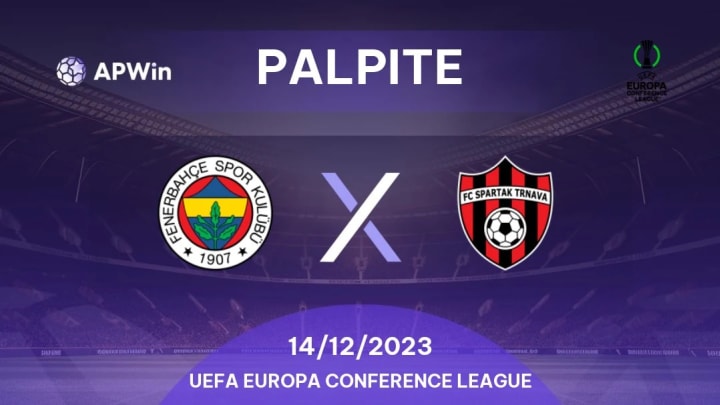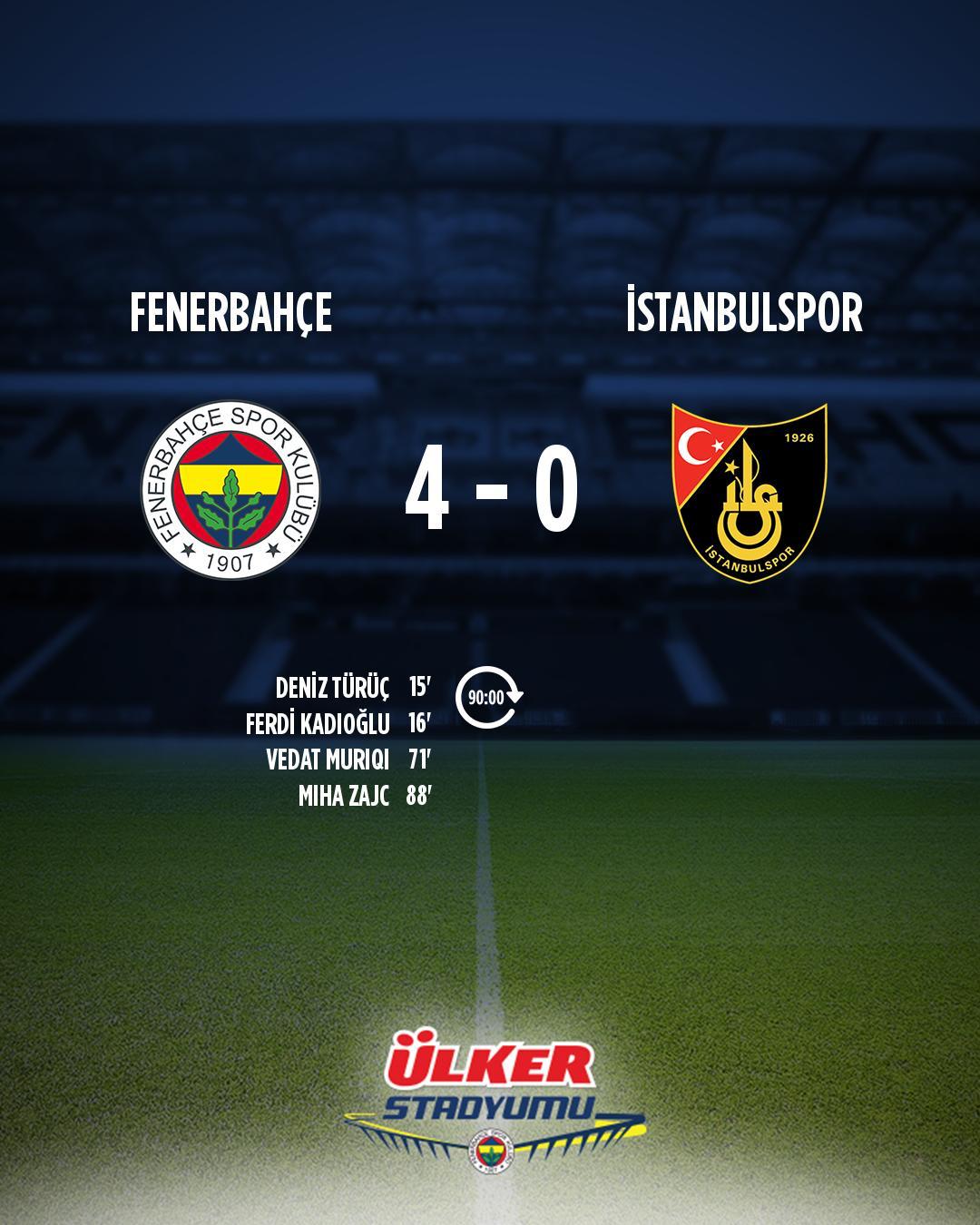

fenerbahçe x trabzonspor
Fenerbahçe vs Trabzonspor: A Rivalry That Transcends Football
Por um escritor misterioso
Atualizada- dezembro. 21, 2024
The Fenerbahçe vs Trabzonspor match is not just a clash between two football teams, but a rivalry that has deep historical and cultural roots. This article explores the origins of the rivalry, key moments in their encounters, and its impact beyond the football pitch.
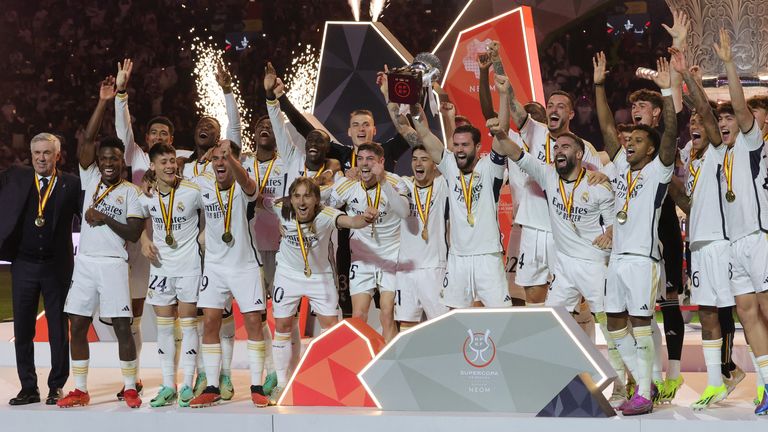
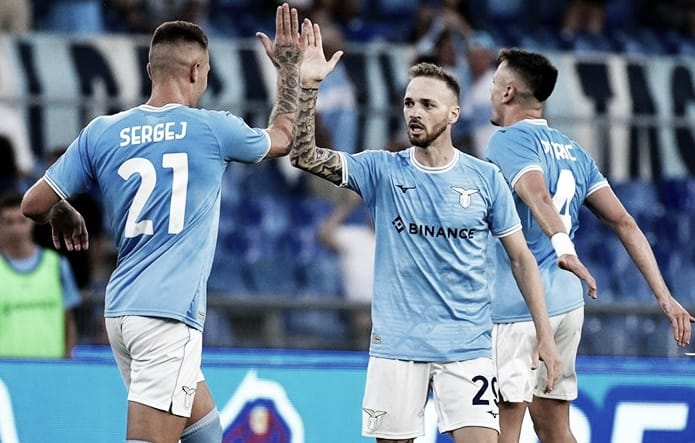
Fenerbahçe vs Trabzonspor is a classic fixture in Turkish football that brings together two of the country's most passionate fan bases. The rivalry between these two clubs goes beyond the football pitch and represents the cultural divide between Istanbul and the Black Sea region.
Fenerbahçe, based in Istanbul, is one of the oldest and most successful football clubs in Turkey. They have won numerous league titles and have a passionate fan base known as the 'Yellow Canaries.' Trabzonspor, on the other hand, hails from the city of Trabzon in the Black Sea region and has also had a fair share of success, with several league titles to their name. Their fans, called the 'Bordo-Mavililer,' are known for their unwavering support.
The roots of the Fenerbahçe vs Trabzonspor rivalry can be traced back to the 1970s when the two teams were dominant forces in Turkish football. At the time, Fenerbahçe was the team to beat, regularly winning titles and challenging for European honors. Trabzonspor, however, emerged as a formidable competitor and managed to dethrone Fenerbahçe by winning six consecutive league titles from 1976 to 1983. This period marked the beginning of an intense rivalry between the two clubs.
Some of the most memorable encounters between Fenerbahçe and Trabzonspor have taken place in the Turkish Super League. These matches are often emotionally charged and fiercely contested, with both teams giving their all on the pitch. Fans from both sides create an electrifying atmosphere in the stands, with passionate chants and colorful displays. The intensity of these matches has further fueled the rivalry between the two clubs.
One particular moment that stands out in the history of this rivalry is the 2010-2011 season. Fenerbahçe and Trabzonspor were neck and neck in the title race, with both teams vying for the top spot until the last day of the season. However, the title was ultimately awarded to Fenerbahçe, leading to controversy and claims of match-fixing. This incident further intensified the animosity between the two clubs and their fans.
Beyond football, the Fenerbahçe vs Trabzonspor rivalry has implications in Turkish society and culture. It represents a clash between the metropolitanism of Istanbul and the regional identity of Trabzon. Istanbul, as Turkey's largest city and economic powerhouse, is often seen as representing the westernized and urbanized face of the country. Trabzon, on the other hand, symbolizes a more traditional and conservative way of life. The rivalry between Fenerbahçe and Trabzonspor thus becomes a battleground for these different cultural identities.
In recent years, the rivalry between these two clubs has continued to make headlines. Notable player transfers and controversial matches have kept the fire burning. The tension between Fenerbahçe and Trabzonspor can be felt not only on match days but also in everyday conversations among football fans in Turkey.
In conclusion, the Fenerbahçe vs Trabzonspor rivalry is not just about football, but a representation of cultural, regional, and historical differences. The intensity of their encounters on the pitch and the passion of their fans reflect the deeply ingrained emotions and rivalries that exist in Turkish society. Regardless of the outcome, these matches are sure to be filled with excitement and drama, captivating both football enthusiasts and casual spectators alike.
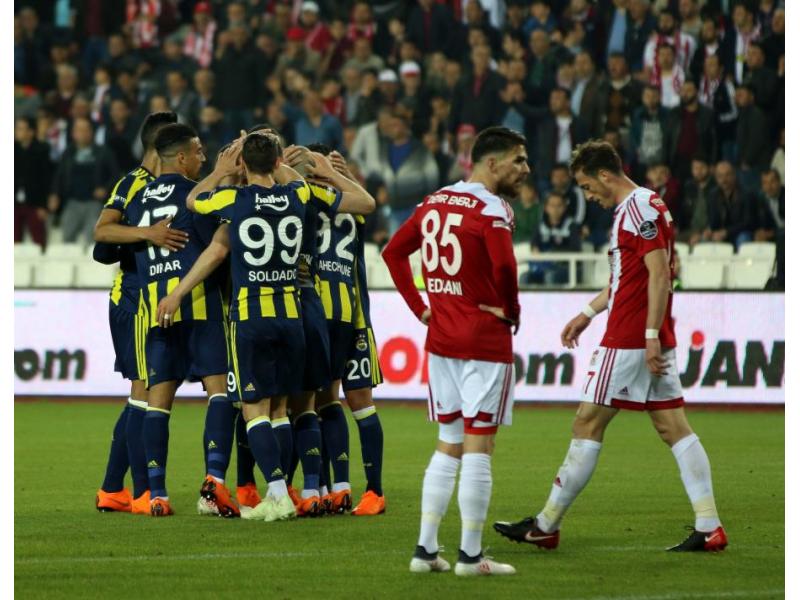
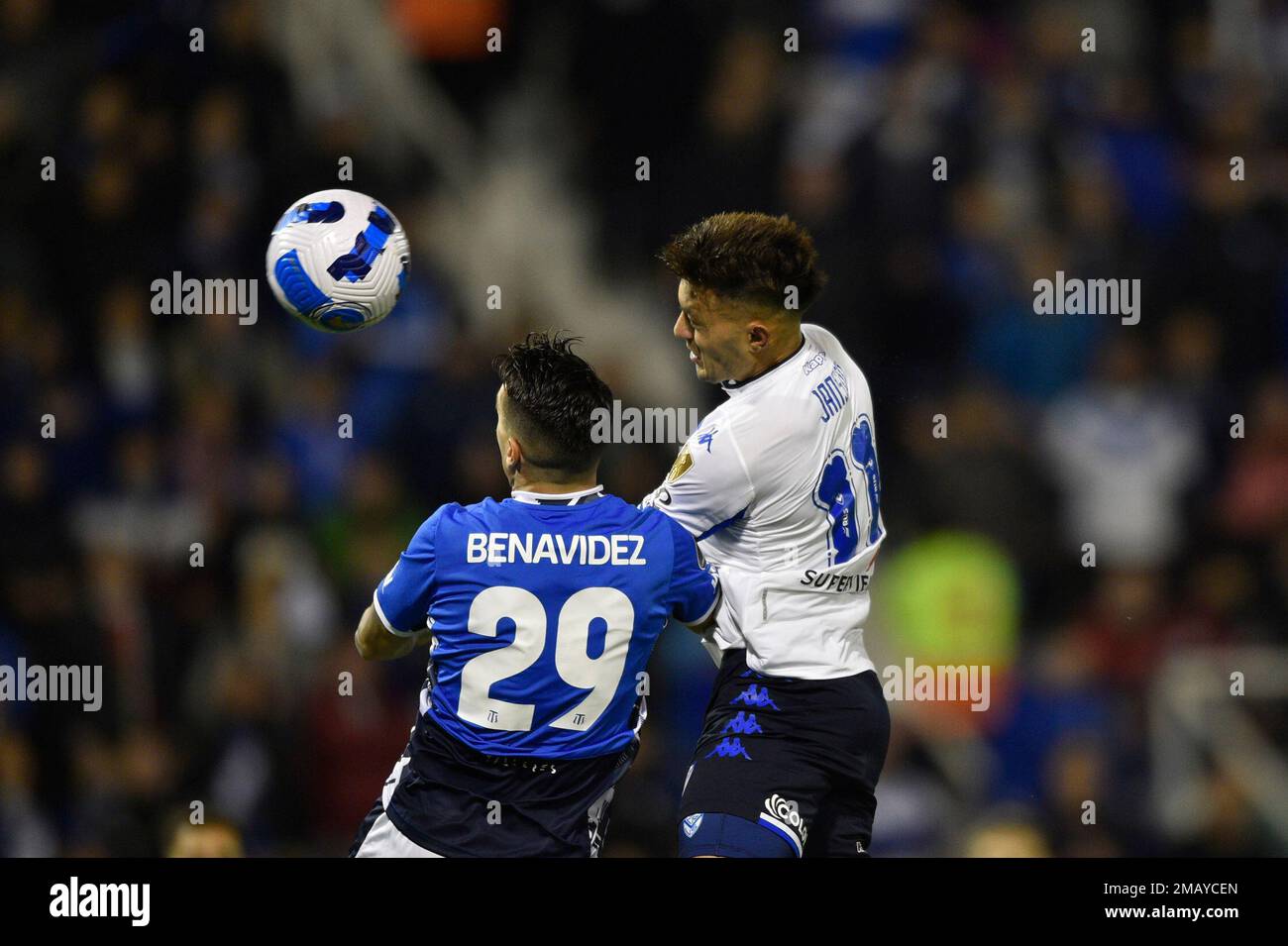

Real Madrid 4-1 Barcelona: Vinicius Junior scores hat-trick as Real storm to Spanish Super Cup glory, Football News

Highlights and goals: Lazio 4-0 Spezia in Seria A
Fenerbahçe vs Trabzonspor is a classic fixture in Turkish football that brings together two of the country's most passionate fan bases. The rivalry between these two clubs goes beyond the football pitch and represents the cultural divide between Istanbul and the Black Sea region.
Fenerbahçe, based in Istanbul, is one of the oldest and most successful football clubs in Turkey. They have won numerous league titles and have a passionate fan base known as the 'Yellow Canaries.' Trabzonspor, on the other hand, hails from the city of Trabzon in the Black Sea region and has also had a fair share of success, with several league titles to their name. Their fans, called the 'Bordo-Mavililer,' are known for their unwavering support.
The roots of the Fenerbahçe vs Trabzonspor rivalry can be traced back to the 1970s when the two teams were dominant forces in Turkish football. At the time, Fenerbahçe was the team to beat, regularly winning titles and challenging for European honors. Trabzonspor, however, emerged as a formidable competitor and managed to dethrone Fenerbahçe by winning six consecutive league titles from 1976 to 1983. This period marked the beginning of an intense rivalry between the two clubs.
Some of the most memorable encounters between Fenerbahçe and Trabzonspor have taken place in the Turkish Super League. These matches are often emotionally charged and fiercely contested, with both teams giving their all on the pitch. Fans from both sides create an electrifying atmosphere in the stands, with passionate chants and colorful displays. The intensity of these matches has further fueled the rivalry between the two clubs.
One particular moment that stands out in the history of this rivalry is the 2010-2011 season. Fenerbahçe and Trabzonspor were neck and neck in the title race, with both teams vying for the top spot until the last day of the season. However, the title was ultimately awarded to Fenerbahçe, leading to controversy and claims of match-fixing. This incident further intensified the animosity between the two clubs and their fans.
Beyond football, the Fenerbahçe vs Trabzonspor rivalry has implications in Turkish society and culture. It represents a clash between the metropolitanism of Istanbul and the regional identity of Trabzon. Istanbul, as Turkey's largest city and economic powerhouse, is often seen as representing the westernized and urbanized face of the country. Trabzon, on the other hand, symbolizes a more traditional and conservative way of life. The rivalry between Fenerbahçe and Trabzonspor thus becomes a battleground for these different cultural identities.
In recent years, the rivalry between these two clubs has continued to make headlines. Notable player transfers and controversial matches have kept the fire burning. The tension between Fenerbahçe and Trabzonspor can be felt not only on match days but also in everyday conversations among football fans in Turkey.
In conclusion, the Fenerbahçe vs Trabzonspor rivalry is not just about football, but a representation of cultural, regional, and historical differences. The intensity of their encounters on the pitch and the passion of their fans reflect the deeply ingrained emotions and rivalries that exist in Turkish society. Regardless of the outcome, these matches are sure to be filled with excitement and drama, captivating both football enthusiasts and casual spectators alike.

SERİ 3 MAÇA ÇIKTI - Sivasspor - Fenerbahçe maçının istatistikleri - Web Aslan Galeri

